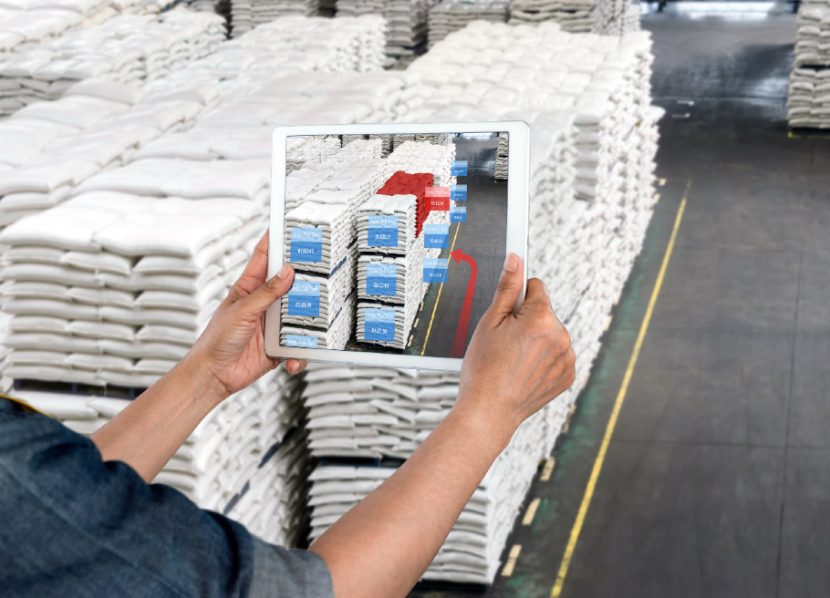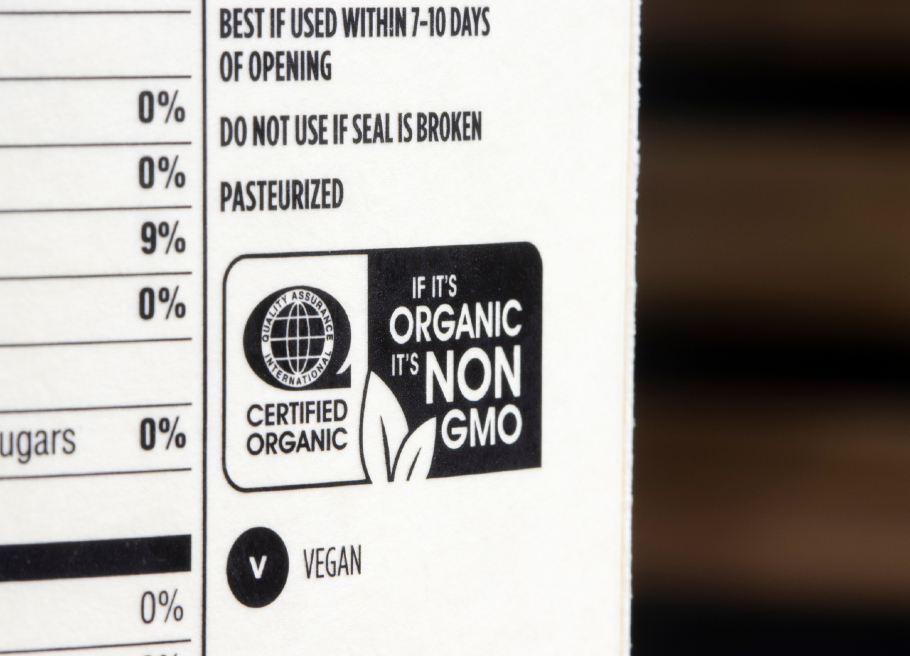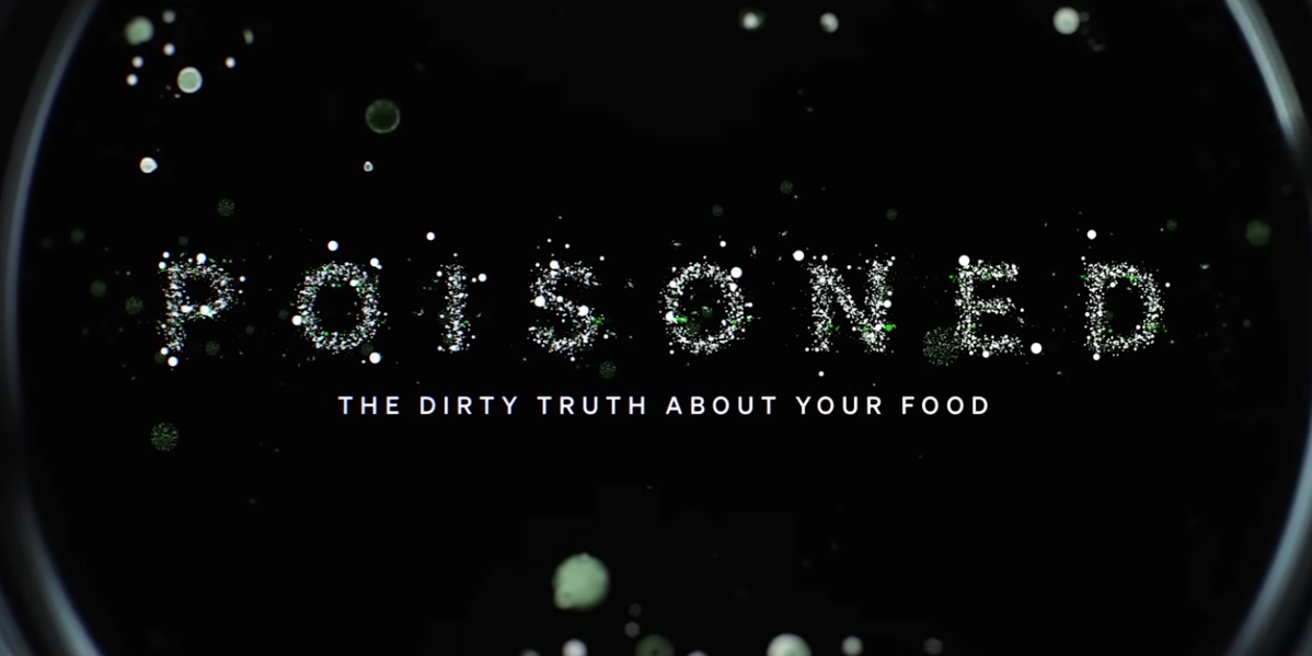Beyond the Binders: The Future of Tech-Enhanced Food Safety Audits
By Tyler Williams
Imagine walking through a manufacturing facility, virtually witnessing an audit through a pair of smart glasses.
Next, imagine using augmented reality (AR) specs to train your auditors.
In an era of rapidly advancing technology, the integration of artificial intelligence (AI) and AR into the realm of food safety certification is no longer a distant dream, but a tangible prospect.
During the short period of time when the product was around, certification companies like ASI toyed around with the idea of implementing Google Glass to collaborate with auditors remotely, which would reduce travel costs and shrink the overall carbon footprint. Due to the price tag and lack of resources, however, this idea didn’t last long – turns out, neither did Google Glass.
There are other tech solutions out there, however, that don’t require a developer or a hefty tech budget to utilize. From scheduling audits to record keeping and finalizing customer reports, there are a variety of strategies for using technology to streamline the food safety certification process.
From scheduling audits to record keeping and finalizing customer reports, there are a variety of strategies for using technology to streamline the food safety certification process.
- Address non-conformances quickly
Food safety compliance software plays an important role in the manufacturing and distribution sectors by ensuring that products meet the stringent standards set for consumption. One of its most beneficial attributes is the capability to promptly address non-conformances. When non-conformances are found, this software can instantly flag the issue, ensuring immediate attention. By automating the process of monitoring and reporting, manufacturers can rapidly identify the source of the non-conformance, whether it be in ingredient sourcing, processing, packaging, or distribution. This means that corrective actions can be taken without delay, significantly reducing the risk of compromised products reaching the consumer.
Data is collected during each step of the process and archived to be easily accessible in the future. Instead of binder flipping, one of our go-to platforms, Provision Analytics allows you to search “inspection findings” for all non-conformances and build reports to help specifically address each issue.
“Our platform provides food safety managers with intuitive ways to manage corrective and preventive action through smart tools from task reminders and taking photos in records to digitally linking related findings,” said Dana M. Slagle, Vice President, Provision Analytics.
- Streamline the record keeping process
Tech aids in organization especially when it comes to one commonly overlooked aspect of compliance – record keeping. Certification Bodies and food safety managers alike shouldn’t waste any precious time chasing down missing records or ensuring that their records are complete.
Using spreadsheets to conduct audits and run reports is not only time-consuming, but as humans who often make mistakes, this type of process is prone to human error.
Things are also easier for CBs when clients are using compliance software, or when they store documents and records electronically. Being able to search digitally for specific documents is much more efficient than digging through piles of dusty binders that only see the light of day maybe once a year.
CBs are also not the only organizations going down this path – regulators, brands, manufacturers, etc. are slowly but surely removing paper-based systems from the equation. For manufacturers across the food supply chain, advanced software can in some cases cut your audit prep time in half.
But before diving into tech head first, an organization should think through what they are looking to accomplish and keep in mind that some platforms might not communicate with one another.
For a while, ASI used one platform for auditing, a separate program for reporting functions, and another for training. Then we started using one single platform (Rizepoint) which collects everything and truly simplified our record keeping process for certifications and beyond.
- Trendspotting
Tech makes it possible to collect and analyze useful data in a matter of minutes. The ability to easily trend data is a useful tool throughout the certification process for large organizations or chains with multiple sites undergoing audits.
It can also help a CB better understand their customers by providing insights on problem areas typically encountered during an audit. This is another area where we lean on platforms like RizePoint to help translate audit results into customer reports.
For example, a ‘Location Report’ would collect top non-conformances, number of audits, and an average score per location. This data is not only useful for companies that have multiple sites, it also enables a CB to take a step back and look at the similarities among manufacturers.
Picking apart the data involving the common non-conformances can be a helpful practice for all parties across the supply chain that are required to undergo the certification process. For CBs, these trends can be used to identify what types of resources and educational tools are needed to fill the gaps.
Lastly, similar to how this type of data helps large manufacturing chains maintain consistency across locations, it can also help CBs calibrate auditors. Auditor reports can track total number of audits, average audit score, average time, average number of non-conformances found, etc.
Although it isn’t news that technology helps us work smarter and faster, time is of the essence when it comes to rectifying issues with a food or beverage product that could make someone sick. Tech helps to eliminate human error, spot trends, and garner useful insights that can optimize the food safety certification process. This synergy of technology and food safety not only streamlines operations, it is paving the way for a safer and more sustainable future across the entire food supply chain.
About the Author:
Tyler Williams is a consumer product safety and quality expert in food, beverage, cannabis, and dietary supplements. Before becoming the CEO of ASI, a 92-year-old food safety company, Williams was the company’s CTO, where he was responsible for the certification process of more than 3000+ audits annually. He graduated with a master’s degree in food safety, holds a certificate in International Food Law from Michigan State University, and has several professional certifications in food defense, food fraud, preventive controls, HACCP, lead auditor, and more.

-
 FeaturedRisk management
The Cost of a Breach: What a Cyberattack Could Mean for Food Safety Recalls
FeaturedRisk management
The Cost of a Breach: What a Cyberattack Could Mean for Food Safety Recalls
-
 FeaturedRisk management
Securing the Food Chain: How ISO/IEC 27001 Strengthens Cybersecurity
FeaturedRisk management
Securing the Food Chain: How ISO/IEC 27001 Strengthens Cybersecurity
-
 FeaturedRisk management
Revolutionizing Food Safety Training: Breaking Out of the “Check-the-Box” Mentality
FeaturedRisk management
Revolutionizing Food Safety Training: Breaking Out of the “Check-the-Box” Mentality
-
 GFSI Standards
GFSI 2025: Building Trust, Tech-Forward Solutions, and Global Unity in Food Safety
GFSI Standards
GFSI 2025: Building Trust, Tech-Forward Solutions, and Global Unity in Food Safety
-
 FeaturedFood Safety
Integrated Pest Management: Strategies to Protect Your Brand’s Reputation
FeaturedFood Safety
Integrated Pest Management: Strategies to Protect Your Brand’s Reputation
-
 FeaturedFood Safety Culture & Training
No Open Door Policy: Challenges That Impact Pest Control in Food Processing Plants
FeaturedFood Safety Culture & Training
No Open Door Policy: Challenges That Impact Pest Control in Food Processing Plants




